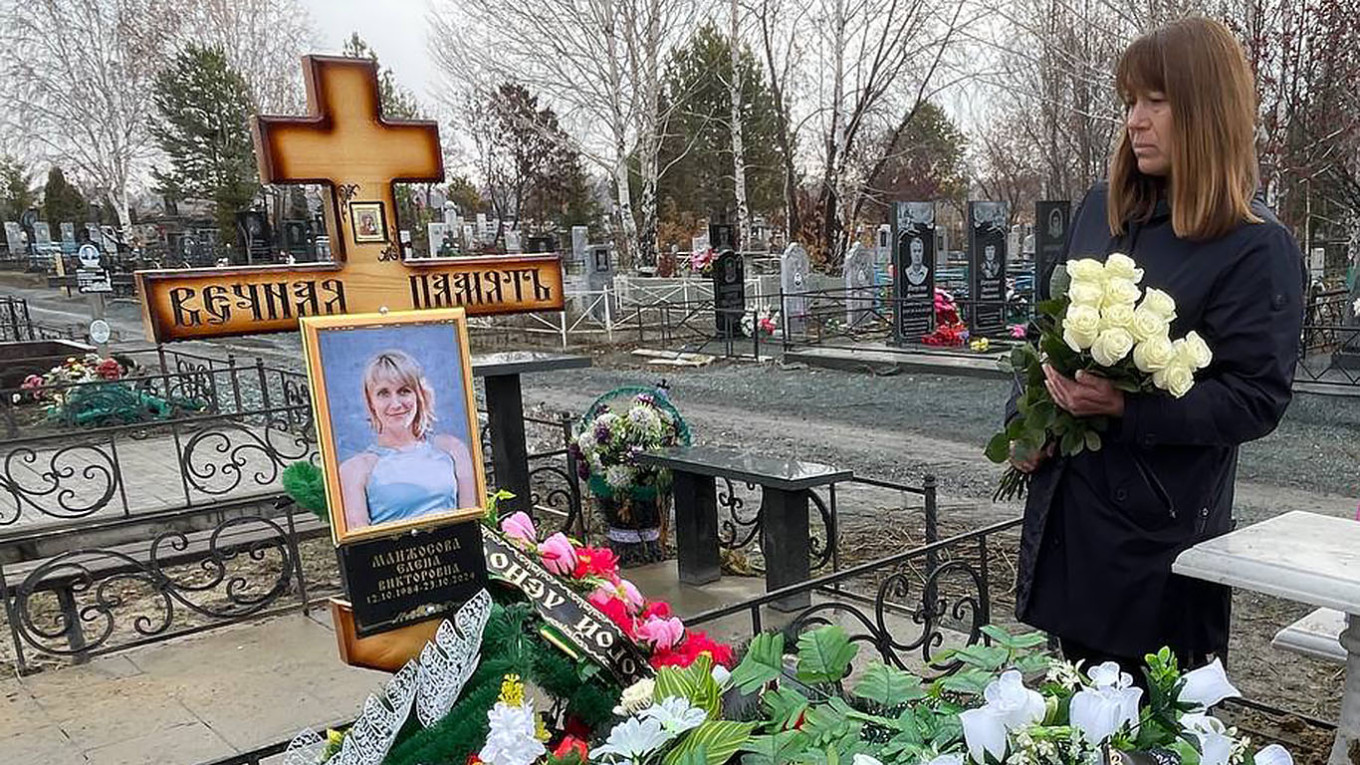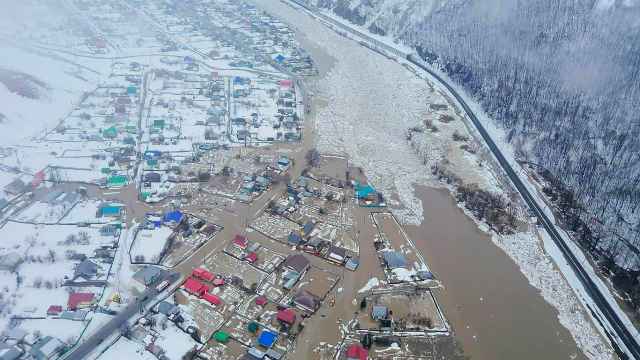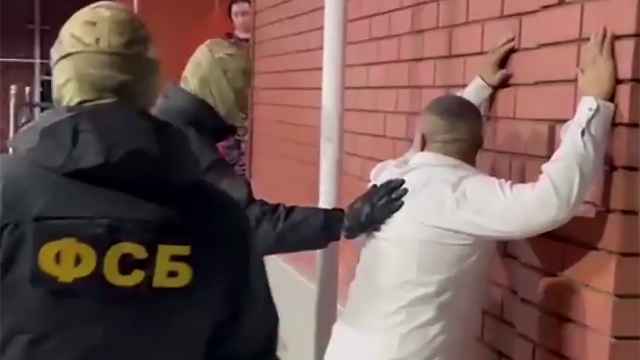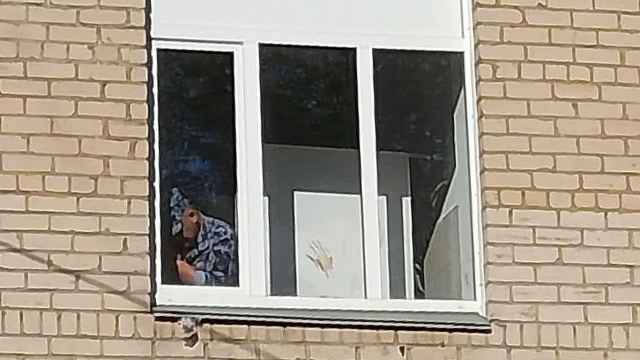The head of Chelyabinsk region’s Korkino district announced her resignation Wednesday amid mounting criticism from regional authorities over ethnic unrest that erupted following a local woman's murder.
On Thursday night, enraged residents in the town of Korkino gathered outside homes believed to belong to Romani families, damaging property and clashing with riot police. About 40 people were charged with petty hooliganism in connection with the unrest, and a man was arrested for allegedly firing on the crowd from his home.
The unrest was fueled by rumors that two Romani men had fatally stabbed a woman. Local media initially identified her as Yelena Sarafanova, a mother of two and taxi driver, while regional authorities named her Yelena Manzhosova.
Chelyabinsk region Governor Alexei Teksler reprimanded Korkino officials on Saturday for “failing to identify an ethnic conflict.”
Natalia Loshchinina, head of the Korkino district where the incident occurred, stated that her administration had addressed residents’ complaints about Romani neighbors since 2019.
“Nevertheless, since unrest occurred and people doubted the perpetrator would face justice, our efforts were insufficient,” Loshchinina wrote on Telegram, referring to a 17-year-old male who was arrested on suspicion of murdering Manzhosova.
“As district head, I take full responsibility and have decided to resign,” she added, noting she informed Governor Teksler and her deputies.
On Sunday, police detained around 20 Roma for “crime prevention talks” after tensions flared. Officials later reported that 30 Roma were charged with traffic violations and “disturbing the peace” in the nearby town of Troitsk.
Korkino’s police chief was dismissed the day after the clashes began.
A Message from The Moscow Times:
Dear readers,
We are facing unprecedented challenges. Russia's Prosecutor General's Office has designated The Moscow Times as an "undesirable" organization, criminalizing our work and putting our staff at risk of prosecution. This follows our earlier unjust labeling as a "foreign agent."
These actions are direct attempts to silence independent journalism in Russia. The authorities claim our work "discredits the decisions of the Russian leadership." We see things differently: we strive to provide accurate, unbiased reporting on Russia.
We, the journalists of The Moscow Times, refuse to be silenced. But to continue our work, we need your help.
Your support, no matter how small, makes a world of difference. If you can, please support us monthly starting from just $2. It's quick to set up, and every contribution makes a significant impact.
By supporting The Moscow Times, you're defending open, independent journalism in the face of repression. Thank you for standing with us.
Remind me later.






